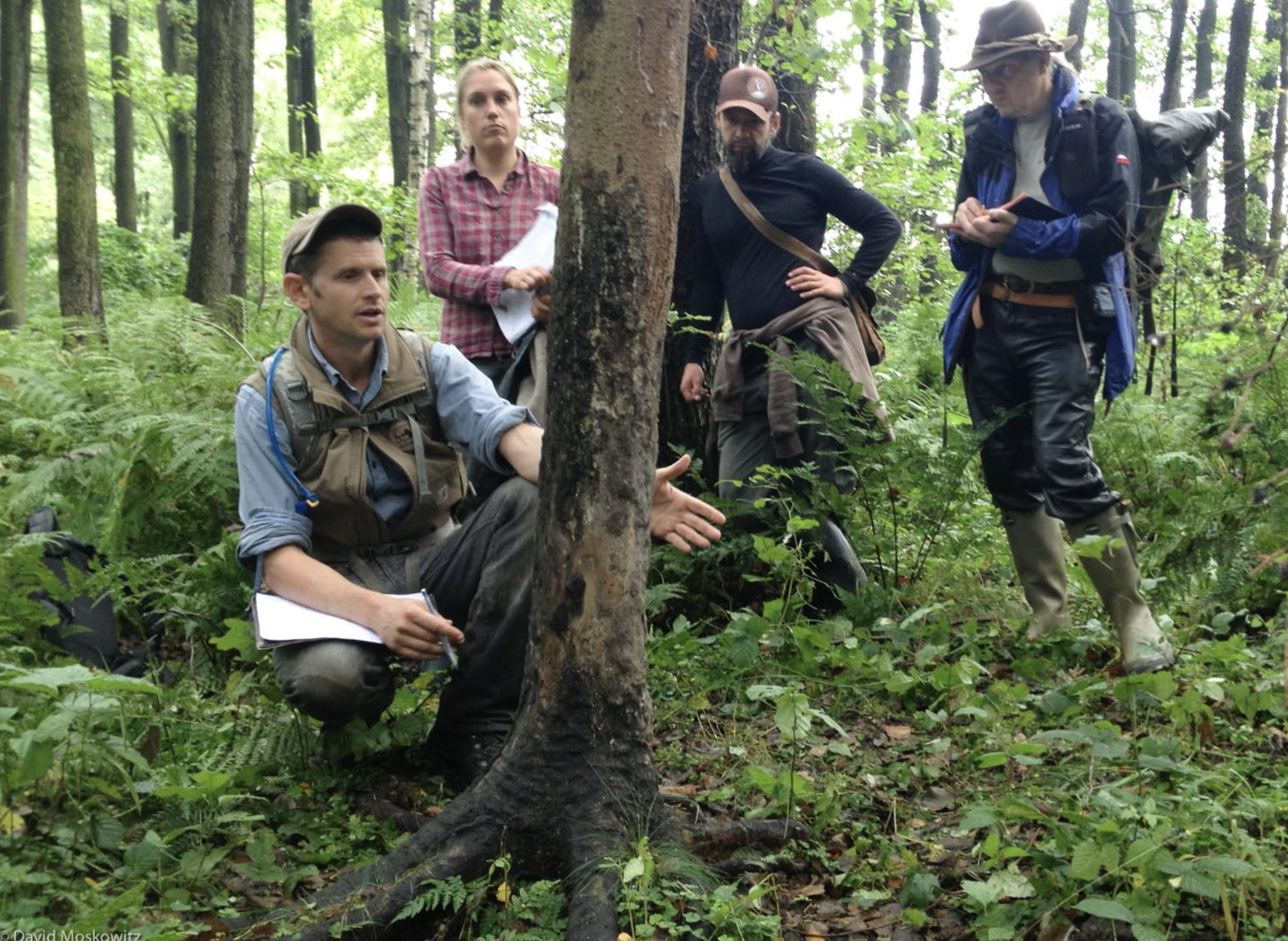Cybertracker Track and Sign Certification
Start Date: July 12-14, 2024
Instructor: Casey McFarland
Fee: $400
Term: Summer 2024
Course Description
The CyberTracker Track and Sign Certification is an internationally applied, professional-level training process used to promote wildlife tracking and ecological knowledge. The process is designed to give each participant the opportunity to personally investigate each track or sign found before the group discusses it at length. This creates intensive levels of concentration, balanced by fun, open, and entertaining discussions that engage the group in an unforgettable exploration of animal behavior, physiology, and ecology. This combination has proven to be a wildly effective method to immediately enhance an individual's knowledge, and their ability to accurately interpret tracks and sign on their own.
The Tracker Certifications emphasize practical tracking and the development of reliable field skills, and transform the way we see the wild world. No prior training is required to participate.
Read about the Cybertracker Certification here.


Instructor Bio
Casey McFarland trains biologists, research teams, eco-tourism guides, and the general public to read and interpret the tracks and signs of wildlife. A Senior Tracker and Senior International Evaluator for CyberTracker Conservation, he works around the globe to develop and support wildlife tracking skill and ecological knowledge.
With over two decades of field instruction and 15 years as an Evaluator, Casey has run over 160 Tracker Evaluations and given trainings in eight countries. He currently serves as president of CyberTracker North America, and was integral to the establishment of CyberTracker Europe.
In 2023, he released a first-of-it's-kind online course with The Great Courses: Nature Watching: How to Find and Observe Wildlife. Enjoy 7+ hours of content jam-packed with essetial lessons from the field and stunning footage.
Casey is also co-author of the new Peterson Field Guide to North American Bird Nests (Houghton Mifflin August 2021), the revision of Dr. Mark Elbroch's Mammal Tracks and Sign: A Guide to North American Species (Stackpole 2019), and Bird Feathers: A Guide to North American Species (Stackpole 2010).
He lives in Providence, Utah.
Course Schedule
Course Supplies List
Lodging and Camping Supplies
Camping gear if you are staying on campus:
- tent and sleeping pad (unless you are staying in our tent with a cot provided)
- warm sleeping bag
- pillow, toiletries, and towel
- flashlight and lantern
- alarm clock
Field gear for everyone:
- day pack
- sunscreen
- insect repellant
- water bottles
- plastic containers for packed lunches
- sense of humor
You might also want to bring:
- camera
- binoculars
- hand lens
- camp chair
Clothing:
The weather in the Sierra Nevada can vary greatly, even in a single day. Be prepared for chilly temperatures at night, even below freezing early in the summer. Rain is a possibility any time, whether forecast or not. Variable weather clothing that can be layered is best: long pants and a long-sleeved shirt, warm sweater and jacket, t-shirt and shorts or skirt, sturdy shoes or hiking boots, sun hat, rain gear, and a warm hat or gloves for cold weather and/or night activities. And, if you come later in the season, bring your swimsuit for afternoon dips in the lakes!